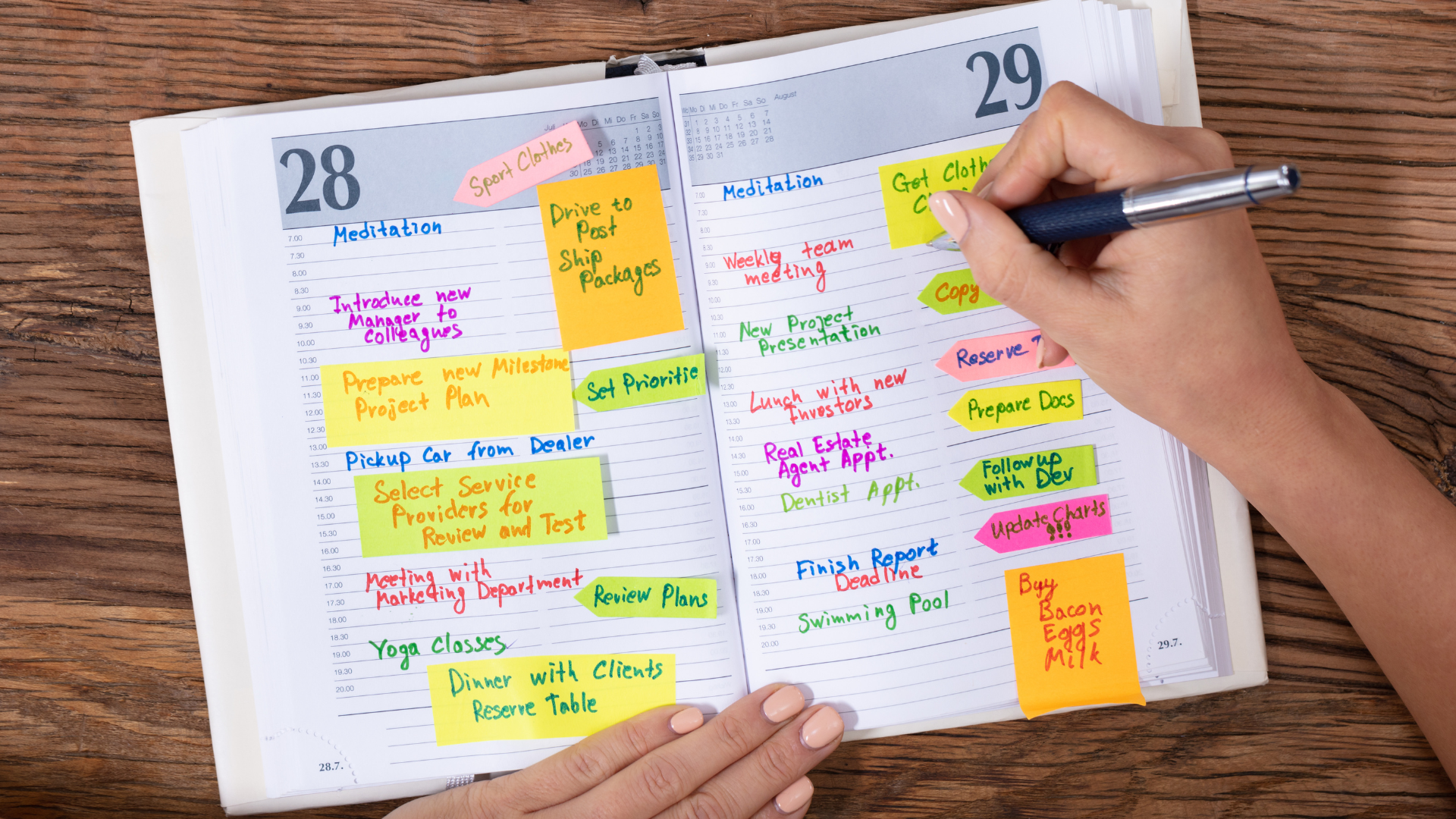Navigating Stormy Weather Days and Work: A Guide for Healthcare Aides
When the skies are gray and the weather turns rough, healthcare professionals still show up. Rain, snow, or storm—your role doesn’t pause, because the people you care for rely on you. But showing up during stormy weather isn’t always easy. At Fordham Institute Inc., we understand the unique challenges our students and graduates face when balancing unpredictable weather with essential work.
Here are some practical tips and motivational reminders to help you navigate stormy weather days with safety, confidence, and commitment:
1. Plan Ahead and Stay Informed
Keep an eye on weather forecasts. Apps, local news, and alerts can help you stay updated so you’re not caught off guard. Knowing what’s coming allows you to plan your commute and prepare mentally for the day ahead.
Tip: Set up alerts on your phone for severe weather notifications.
2. Dress Smart and Stay Dry
Being properly dressed can make all the difference. Waterproof shoes, a sturdy umbrella, and a warm, layered outfit can help you arrive dry and ready to work.
Tip: Keep an emergency weather kit in your bag—extra socks, gloves, or even a small towel can come in handy.
3. Give Yourself Extra Time
Storms can cause delays, traffic, and slower public transportation. Leave earlier than usual to give yourself enough buffer time.
Tip: If possible, have a backup route in mind in case your usual one is affected.
4. Stay Safe First
While dedication is powerful, your safety is always the top priority. If conditions are truly hazardous, contact your supervisor and follow your agency or facility’s weather policy. They may have backup plans in place.
Tip: Keep emergency contact numbers and work-related phone numbers saved in your phone.
5. Take Care of Your Body
Stormy days can be physically and mentally draining. Make sure to stay nourished, drink warm fluids, and take deep breaths when feeling stressed. Your well-being matters just as much as the care you provide.
Tip: Pack healthy snacks and water with you to stay energized on the go.
6. Find Purpose in the Storm
On tough days, remember why you do what you do. Showing up during bad weather doesn’t just show dedication—it shows heart. For many patients, your presence brings comfort and stability when the world outside feels uncertain.
Tip: Keep a personal affirmation in your pocket or phone to remind yourself of your strength.
You Are the Calm in the Storm
At Fordham Institute Inc., we recognize the strength, resilience, and determination it takes to serve during life’s literal and figurative storms. Whether you’re walking through puddles or pushing through snow, you’re part of what keeps healthcare strong.
Thank you for being dependable, compassionate, and courageous—even when the skies are stormy.





